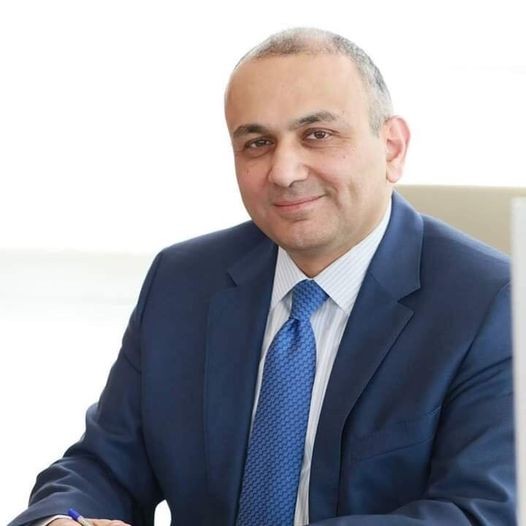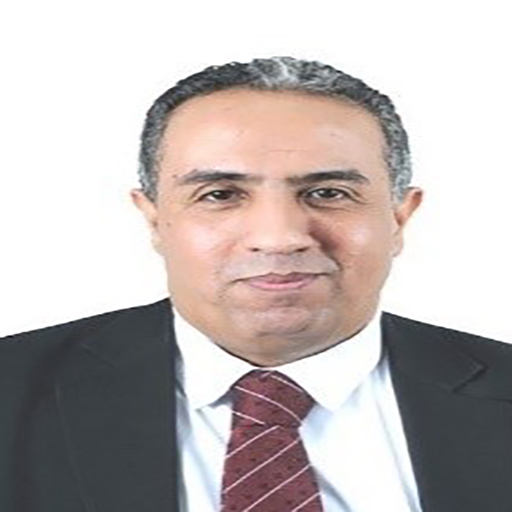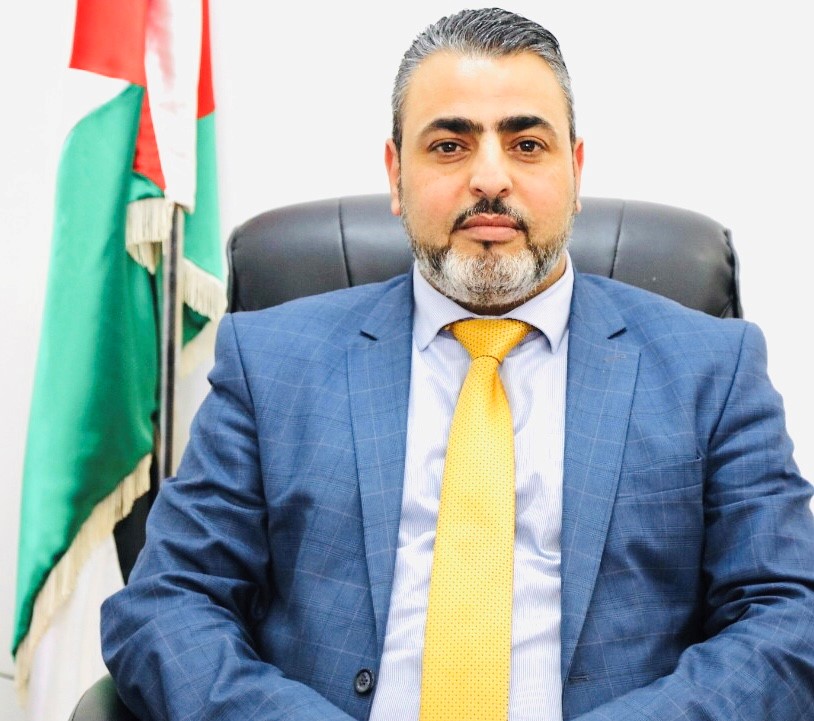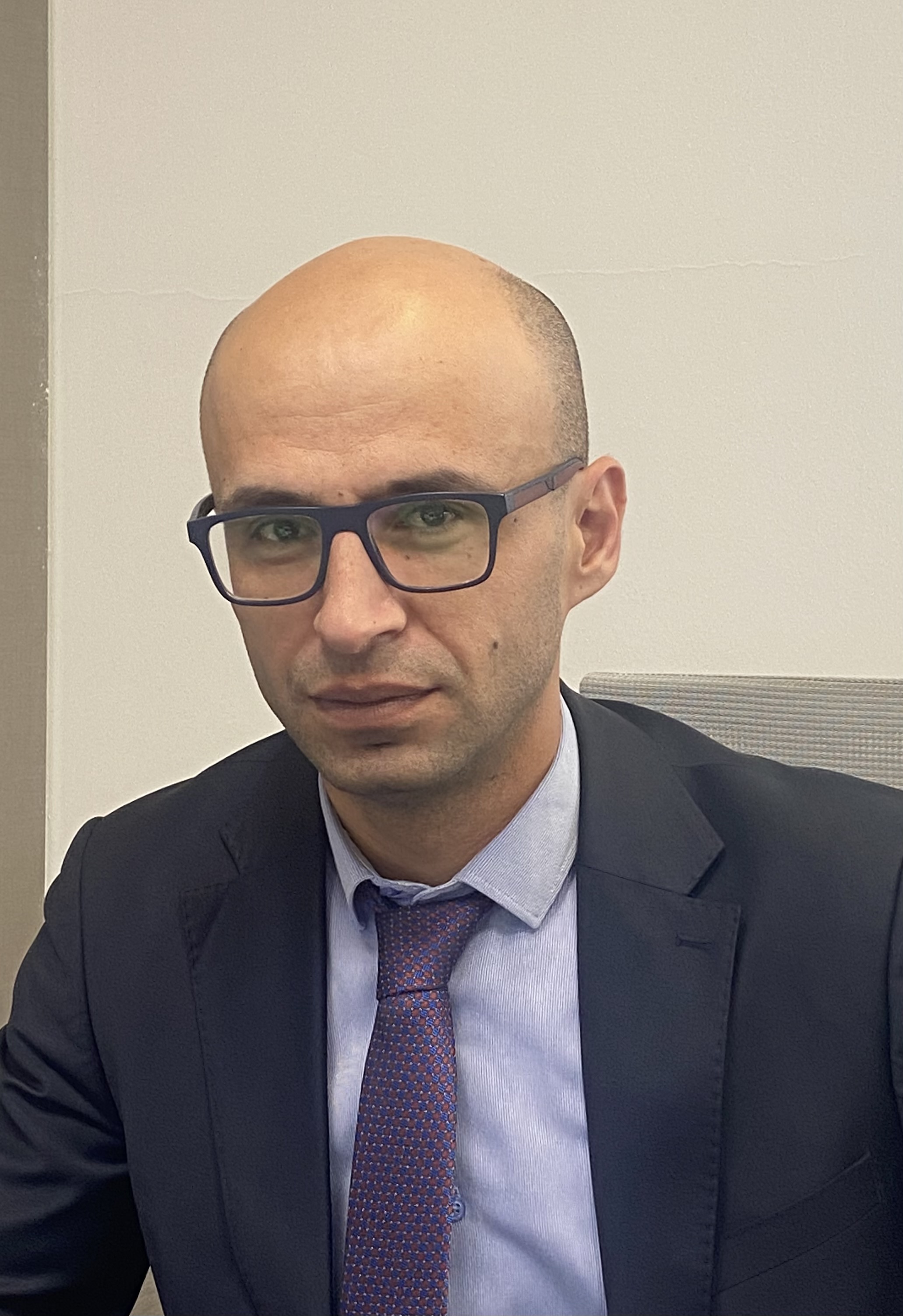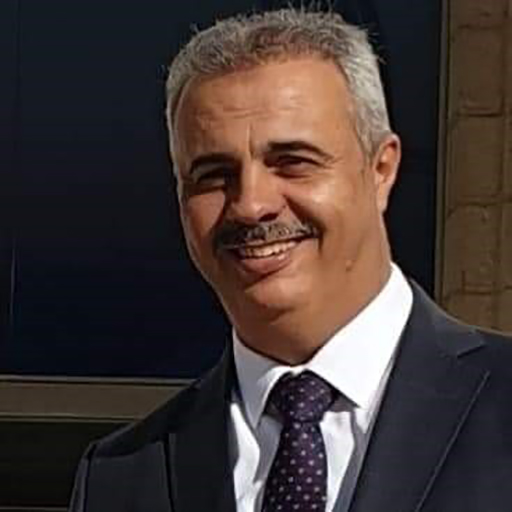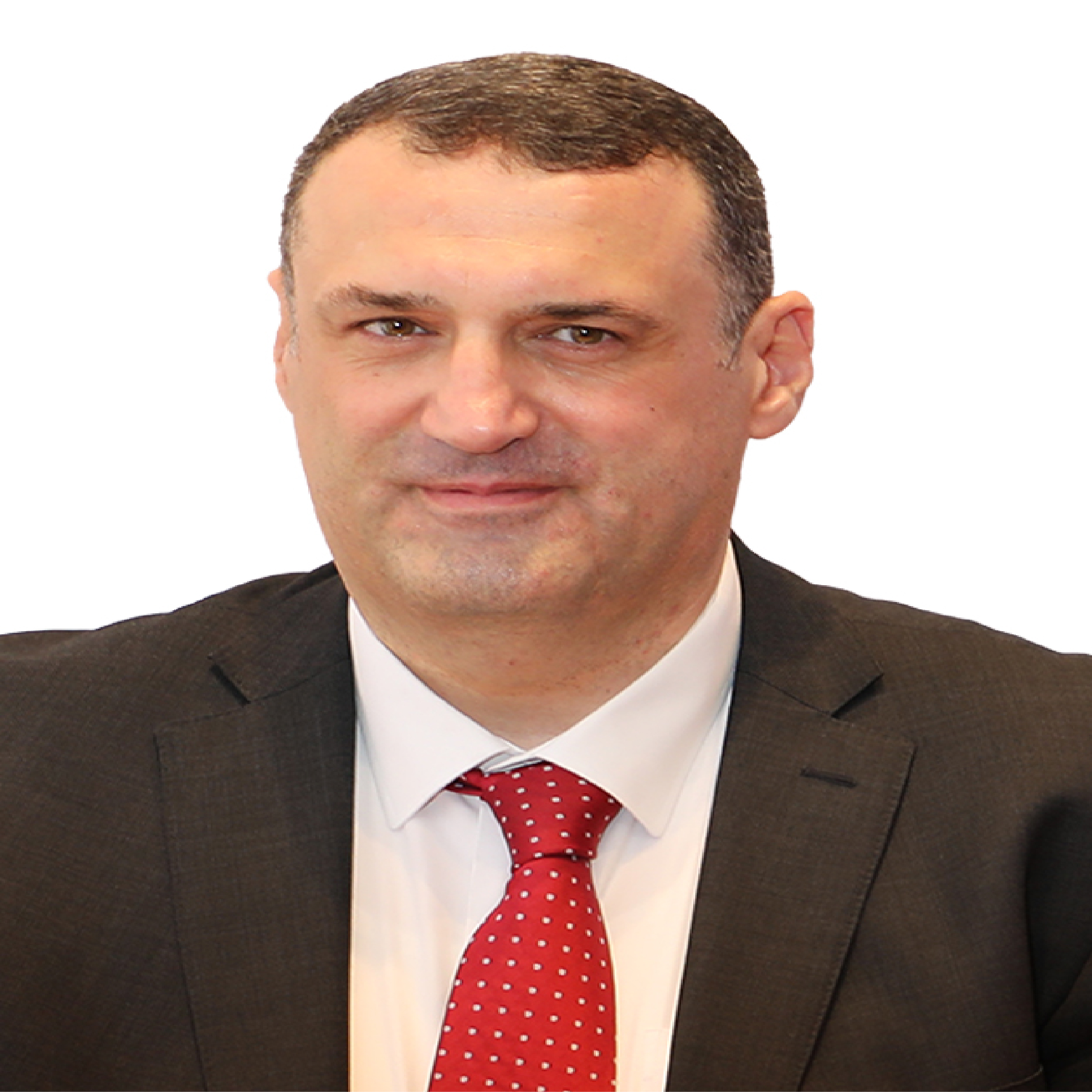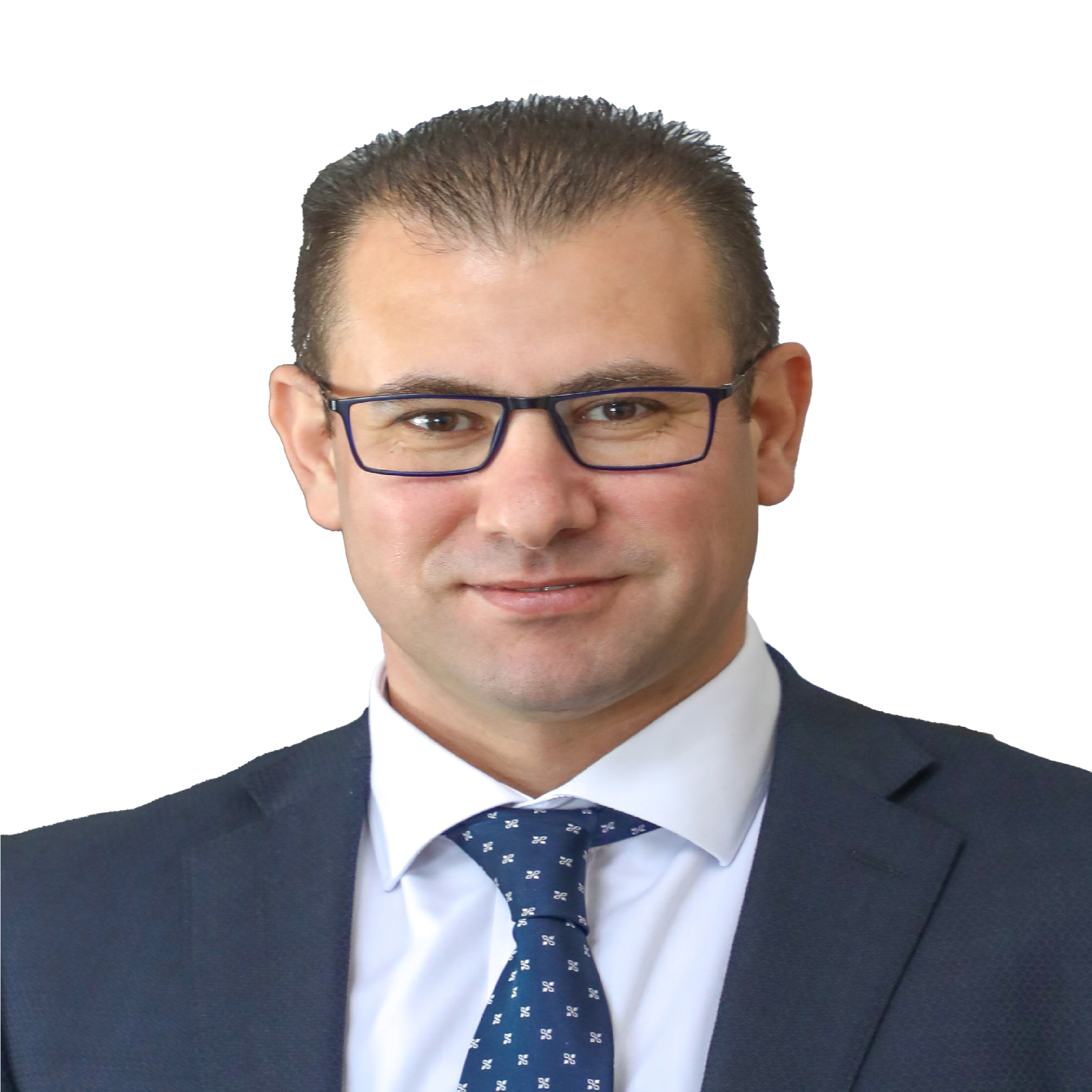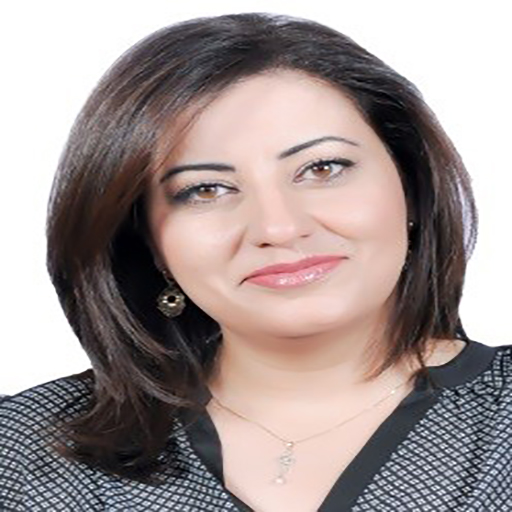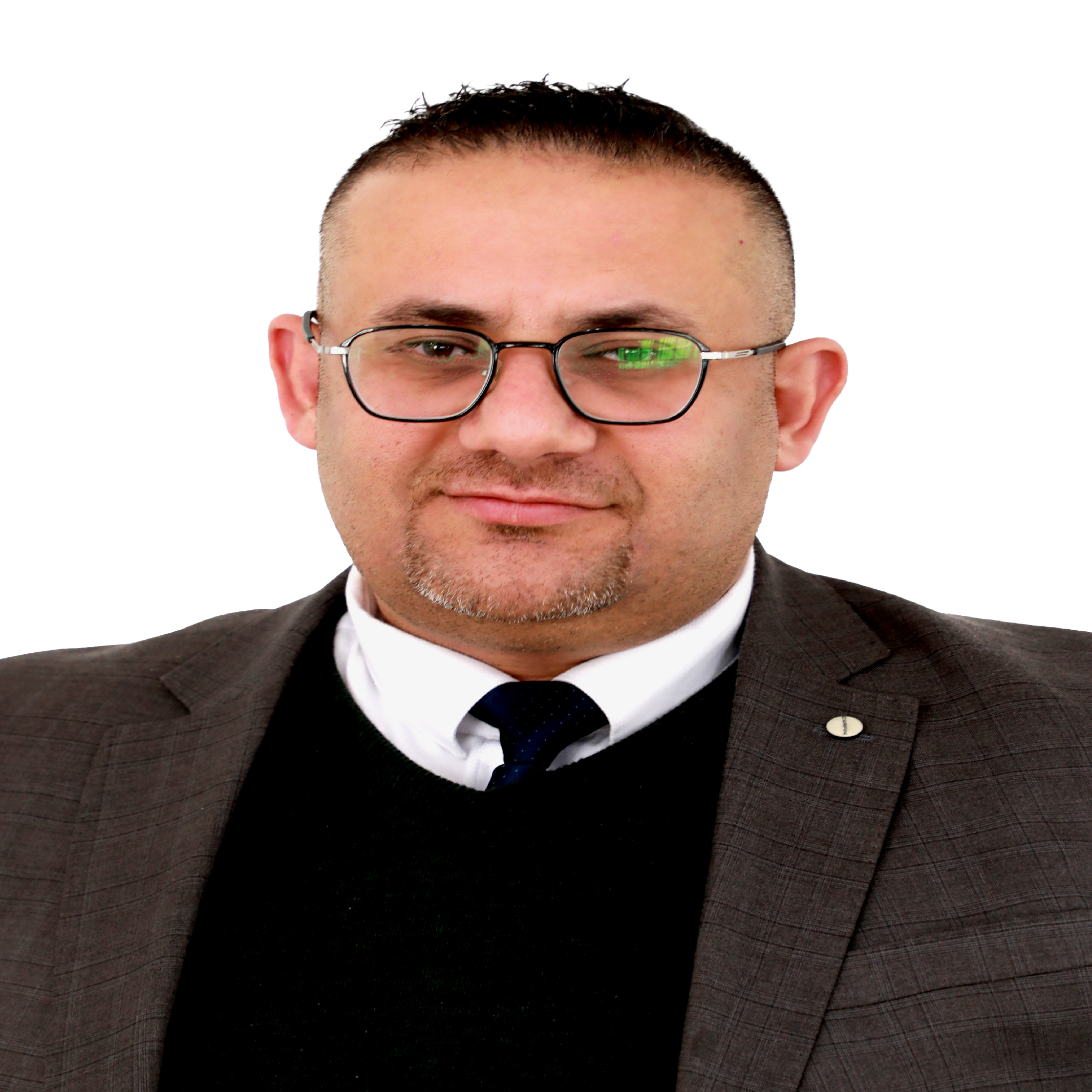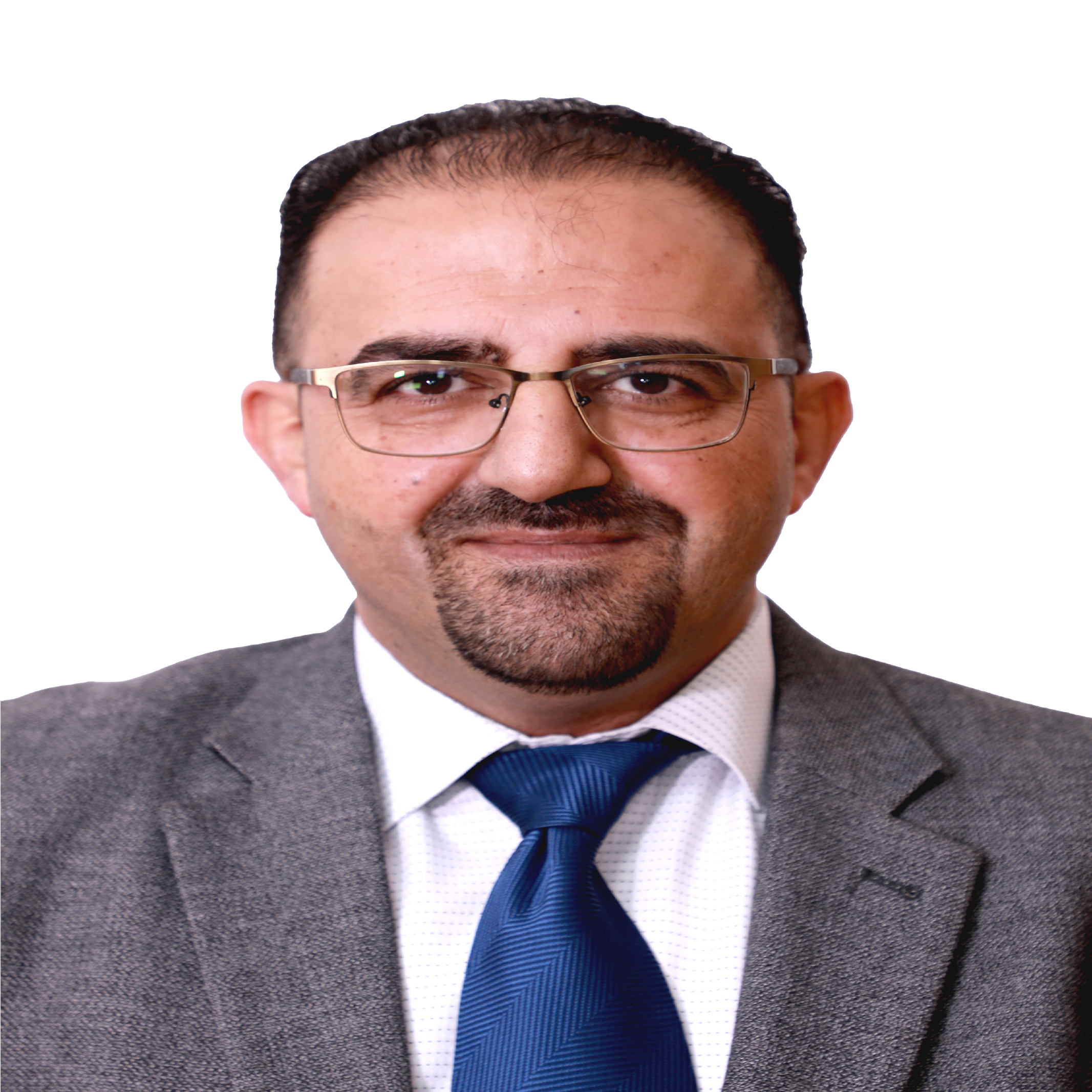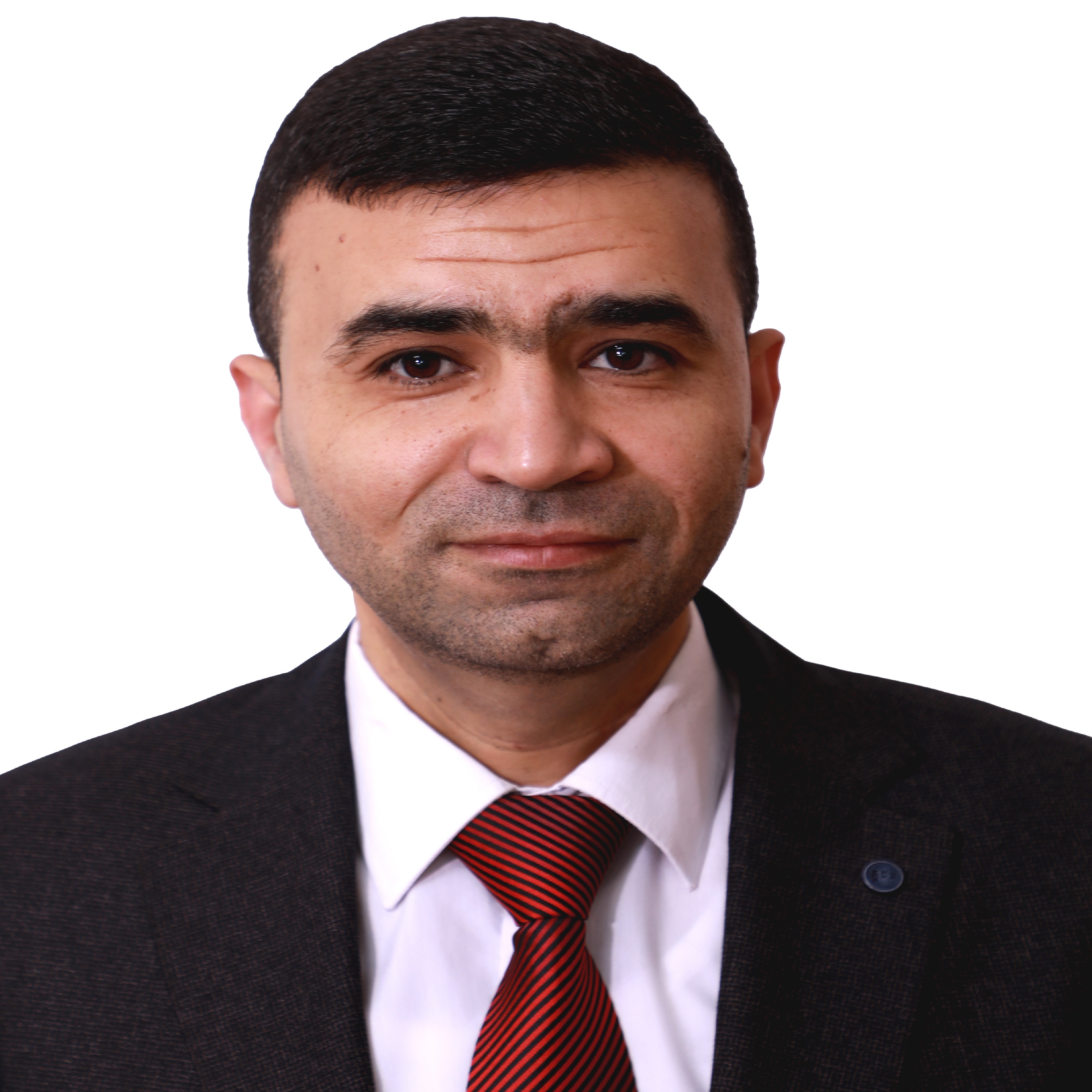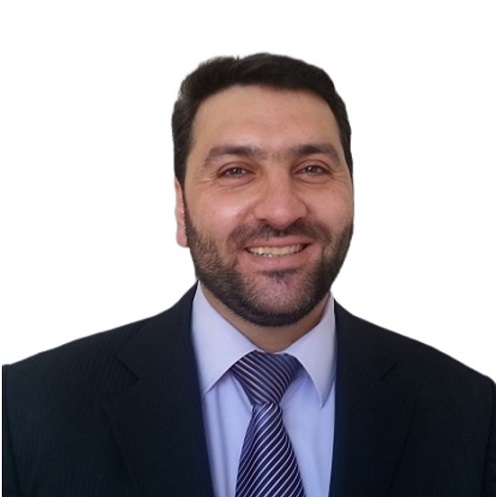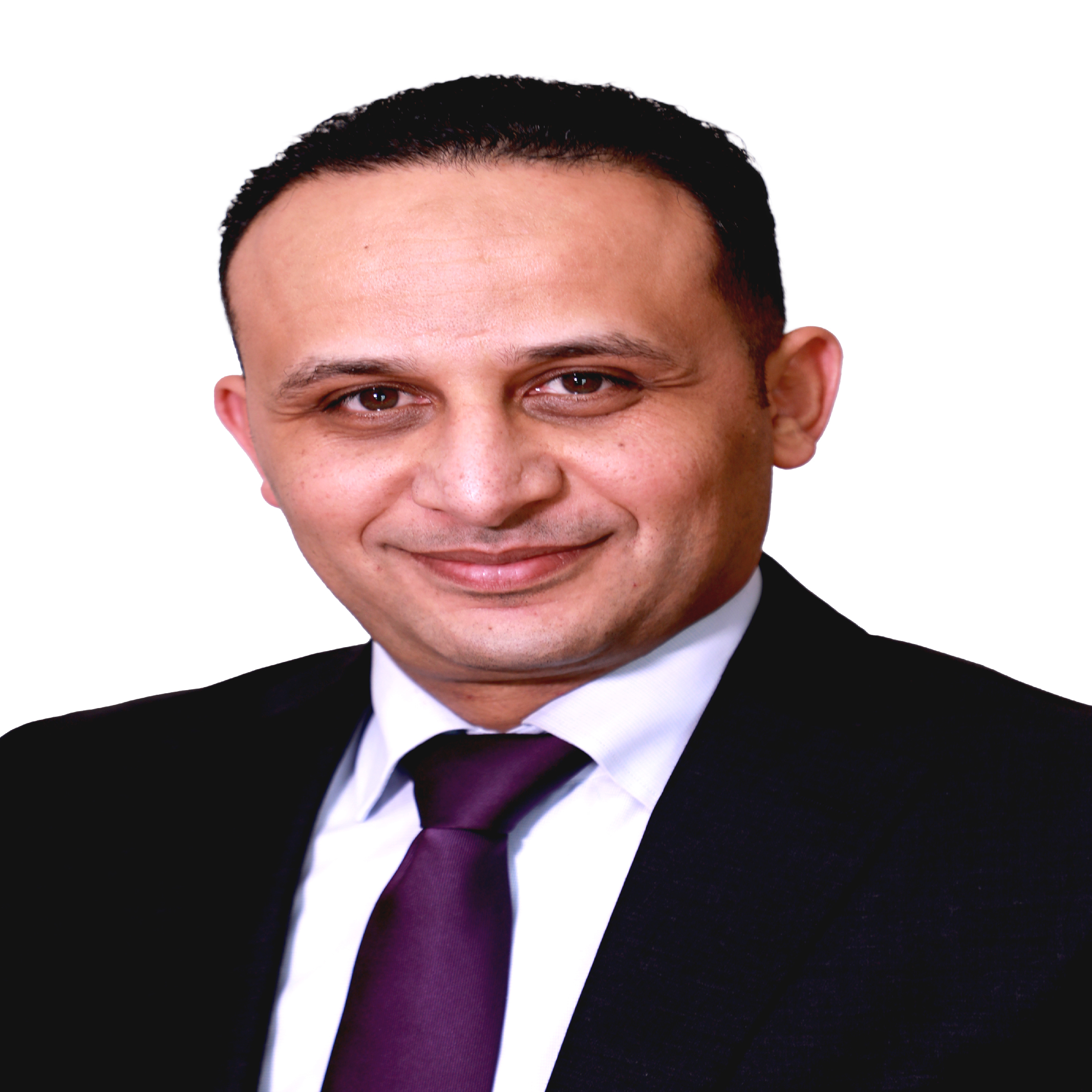About PCMA
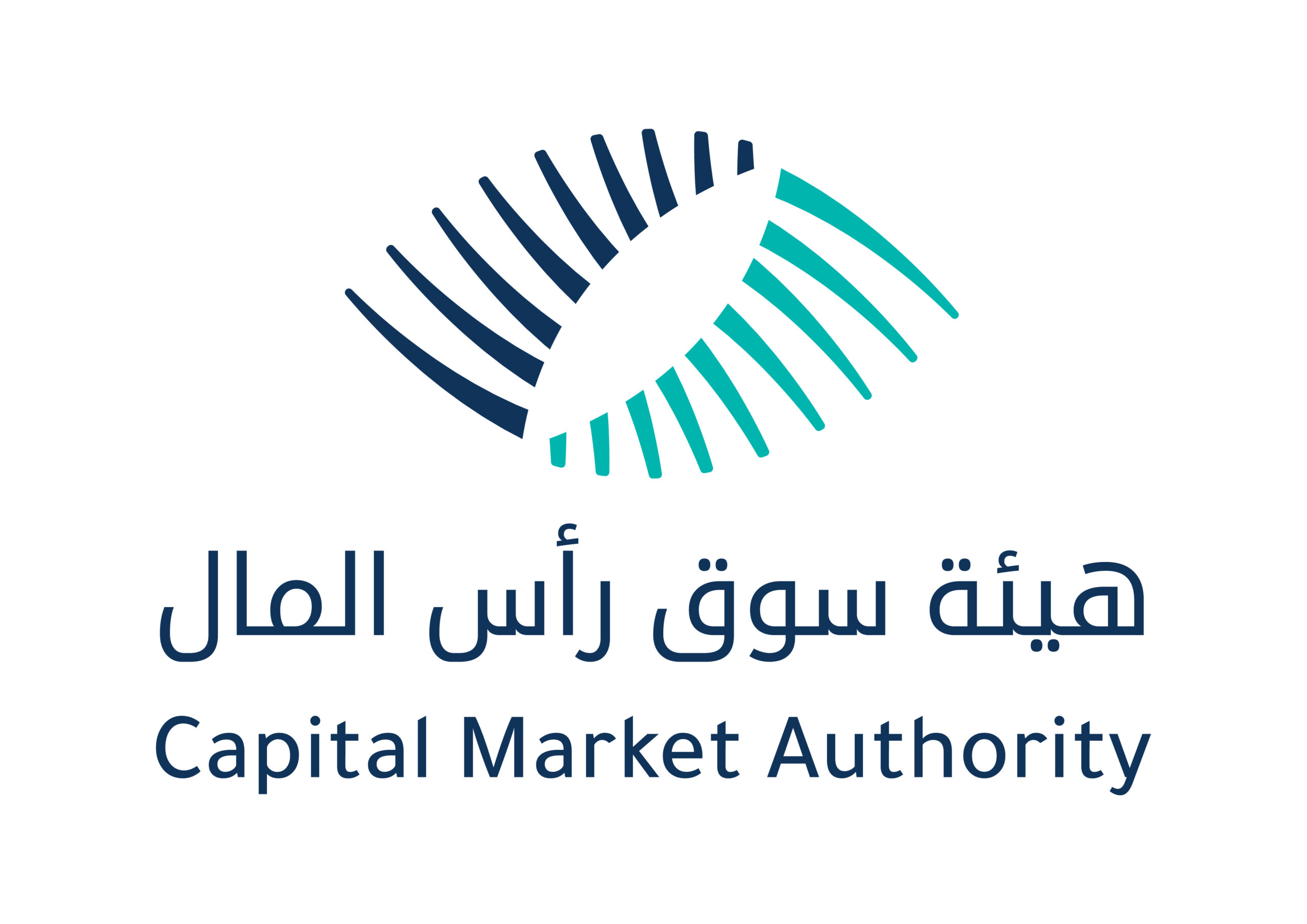
The Palestine Capital Market Authority was established as an autonomous agency by law no. (13) Of the year (2004).
The PCMA aims to create the appropriate environment to achieve stability and growth in the capital market and protect the rights of consumers, by regulating, developing, and supervising the activities of the non-banking financial sectors subject to the supervision of the PCMA represented in the sectors of insurance, securities, financial leasing and financial mortgage. In its five-year strategic plan (2021-2025), the PCMA seeks to promote financial technology through a set of projects that focus on providing the necessary operational and regulatory environment to encourage financial innovations, and to develop and operate the Regulatory Sandbox.
PCMA mission and goals
Vision
An effective regulatory authority that aims at developing a sound capital market and protecting the interests of stakeholders.
Mission
Regulating, supervising, and overseeing the securities, insurance, financial leasing and mortgage finance sectors in Palestine as well as ensuring that their work complies with the principles of transparency, fairness and integrity, in line with international best practices.
The Palestine Capital Market Authority was established as an autonomous agency by law no. (13) Of the year (2004).
The PCMA aims to create the appropriate environment to achieve stability and growth in the capital market, by regulating, developing, and supervising the activities of the non-banking financial sectors represented in the sectors of insurance, securities, financial leasing and financial mortgage. In addition to Islamic financial products and services), the PCMA is working to regulate financial technology, with the aim of protecting the rights of customers and investors.
Strategic goals (2021-2025):
Enhancing the use of financial technology in the non-banking financial sector and providing an enabling environment for it.
- Development of Islamic Sharia-compliant financing services and tools.
- Sustainability of the financial sectors under the supervision of the PCMA and enhancing its stability.
Institutional Objectives
Article No. (3) of the Capital Market Authority No. (13) for the year 2004 stated that the Authority’s objectives lie in creating the appropriate atmosphere to achieve capital stability and growth as well as organize, develop and monitor the capital market in Palestine while protecting investors` rights. In order to achieve the aforementioned, it should do the following:
- Supervise the Securities Exchange, ensuring the integrity of transactions, insurance companies, financial leasing companies and mortgage financing companies.
- Regulate, control and supervise the activities of non-banking financial institutions including securities trading and non-banking financial services.
- Regulate the disclosure of any financial data or information concerning the non-banking financial sector.
- Monitor the development of non-banking financial institutions ensuring the integrity of their work.
The Authority Law
Anti-money Laundering Instructions
Strategic Plan
The Board of Directors of the Palestinian Capital Market Authority approved the PCMA’s five-year strategy (2021-2025).
The strategy contributes to achieving three main objectives, namely expanding the scope of the formal financial sector on the account of the informal financial sector, by providing a supervisory and regulatory environment for the introduction of new non-banking financial services and products; contributing to economic development by providing additional options of non-bank financing means for small, medium and micro enterprises and entrepreneurs; And the utilization of financial technology in various sectors subject to the supervision of the PCMA.
Strategic Plan
Board of Directors
Permanent Committees of the Board of Directors
Corporate Governance Committee
Includes the following members:
- Mr. Tareq Al Masri, Committee Chairman, Board member.
- Mr. Jamal Hurani, member, Board member.
- Mr. Bassam Walweel , member, Board member.
Audit and Risk Committee
Includes the following members:
- Mr. Mohammad Rabee, Committee Chairman, Board member.
- Mr. Rami Tukhman, member, Board member.
- Board member.
The committee assists the board of directors in carrying out its regulatory and supervisory role through the following:
- Supervise the performance of the Internal Audit department.
- Participate in assessing the internal and external risks that face PCMA, evaluating the effectiveness of the risk management and internal control systems in detecting, confronting, and mitigating these risks.
- Oversee the work of the external auditors and the releasing of the PCMA periodic financial statements.
Advisory Committees of the Board of Directors
The Advisory Committee on the Insurance Affairs
Includes the following members:
- Board of Directors or Deputy Chairman / Committee Chairman.
- member of the Board.
- General Manager of the Insurance Directorate.
- Secretary General of the Palestinian Insurance Federation.
- Insurance Expert
Executive Management
International Cooperation
Since its establishment, the PCMA has observed its cooperation with many international and Arab corporations and unions that operate or regulate the non-banking financial sector. It has paid visits to many countries to be acquainted with their experiences in regulating and supervising the financial sectors to profit from these in building the Authority and improving its performance.
The PCMA joins a group of international and regional organizations, which are:
The International Organization of Securities Commissions (IOSCO)
The International Organization of Securities Commissions (IOSCO) is a globally acknowledged body that develops international standards, which are considered the best practices in securities markets regulation. IOSCO was established in 1983 and it is based in Madrid, Spain. Currently, it has 124 members, which include authorities and organizations that regulate the securities markets. Its role is to develop, implement, and promote adherence to internationally recognized standards for securities regulation in order to enhance securities markets’ transparency and protect its investors.
OECD and its International Network on Financial Education (INFE)
It supports policy makers and public authorities to design and implement national strategies for financial education and individual financial education programmes, while also proposing innovative methods for enhancing financial literacy among the populations of partner countries.
Child & Youth Finance International (CYFI)
The organization was created for financial inclusion and financial education for youth. Where 175 countries participated in the Global Money Week, which reached more than 40 million children and youth, and 63,000 organizations participated.
The International Union for Housing Finance (IUHF)
The IUHF established in 1914, the International Union for Housing Finance (IUHF) is a worldwide networking organization that enables its members to keep up-to-date with the latest developments in housing finance from around the world and to learn from each other’s experiences. The Union currently comprises 104 members covering 49 different
countries.
International Association of Insurance Supervisors (IAIS)
The IAIS is a voluntary membership organization of insurance supervisors and regulators from more than 200 jurisdictions, constituting 97% of the world’s insurance premiums. It is the international standard-setting body responsible for developing and assisting in the implementation of principles, standards and other supporting material for the supervision of the insurance sector. The IAIS mission is to promote effective and globally consistent supervision of the insurance industry in order to develop and maintain fair, safe and stable insurance markets for the benefit and protection of policyholders and to contribute to global financial stability.
General Arab Insurance Federation (GAIF)
The General Arab Insurance Federation (GAIF) is an Arab International Organization working to support the Arab Insurance Industry to achieve development & integration by following the policies and procedures mentioned in the Federation articles of Association in order to service its member’s interests.
Union of Arab Securities Authorities (UASA)
Established in 2007, the Union of Arab Securities Authorities “UASA” is a not-for profit Union for Securities Authorities with an independent legal personality. The Members of the Union are the Arab Securities Authorities and markets Regulators. United Arab Emirates shall be the headquarters of the Union.
The UASA objectives are to upgrade the legislative and regulatory level of Arab securities markets with a view to achieving fairness, efficiency and transparency. Unify efforts towards achieving effective levels of oversight over transactions in the Arab securities markets and to ensure coordination and cooperation among members to achieve maximum harmony and consistency with regard to relevant laws and regulations applicable in the Member States are main goals of the UASA. The Union aims also to overcome difficulties facing investment in the Arab securities markets, and to expand the investment base, diversify its tools and promote the culture of investing in the Arab securities markets. Promoting the concepts of disclosure, transparency and governance in addition to the application of the best international standards and practices are also important objectives of the UASA.
